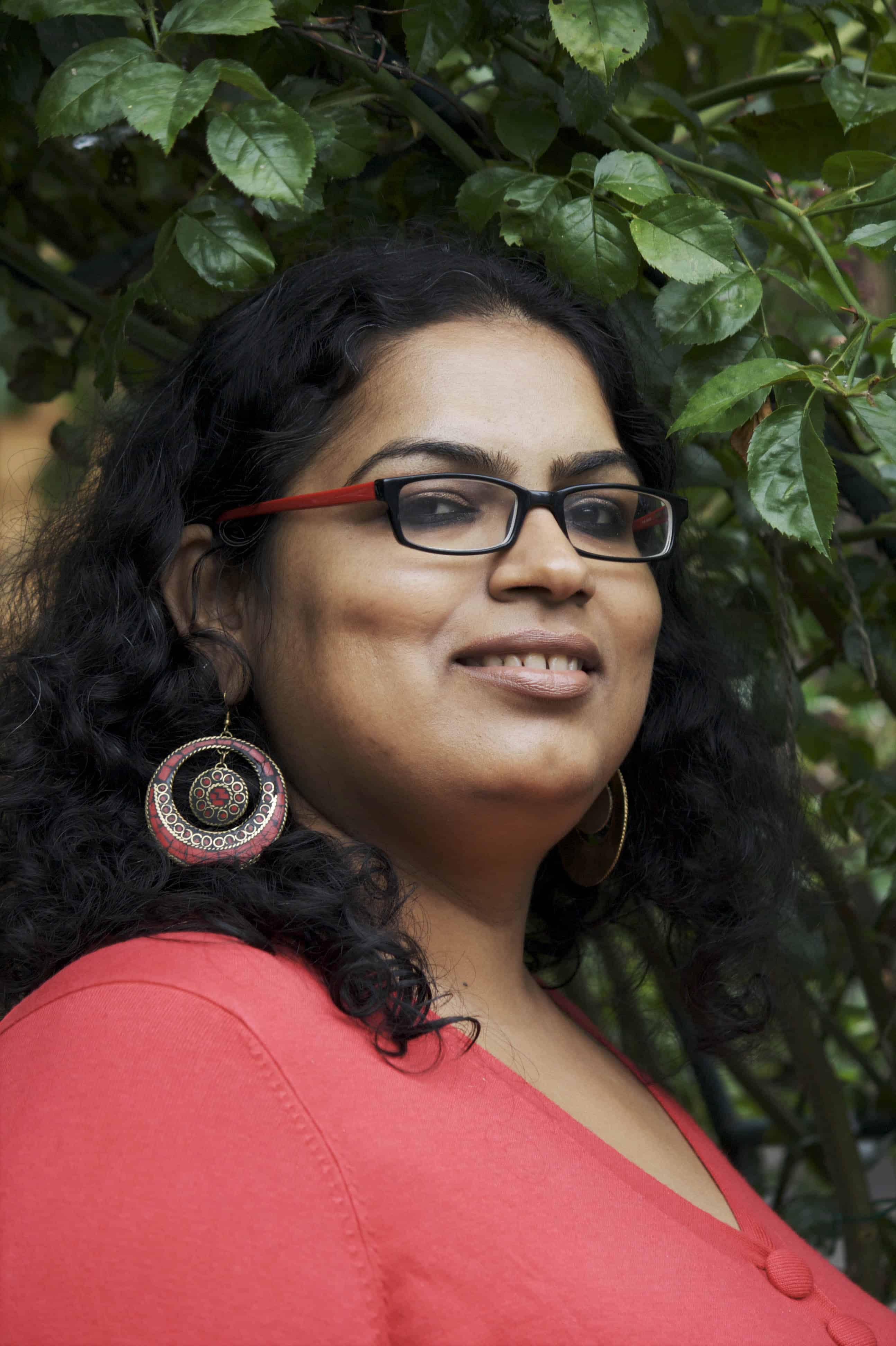This week, Allegra investigates a difficult subject: violence and suffering as these are experienced on the margins and peripheries of the late modern world.


We start the week with a conversation between Dr Atreyee Sen and Dr Rubina Jasani in which both authors discuss the rise of Hindu nationalism or Hindutva in India and its impact on women. The authors, both anthropologists, have conducted long-term fieldwork in the slums of Mumbai and Ahmedabad where the experiences of inter-religious tensions continue to determine not only everyday interactions, but also the territorial reorganization of localities. Their paper offer two ‘undiluted’ case studies of (a) a Hindu woman rioter attacking Muslims in Mumbai, and (b) a Muslim woman confronted with Hindu mobs in Ahmedabad. The sequence of events described by the women highlights how the dread of Hindutva-related processes on the ground defined notions of safety and solidarity amongst both casualties and perpetrators of violence. The two voices of women occupying these contested spaces further reveal how women’s experiences of suffering and loss during the eruption of religious hostilities are intimately related to their domestic space, family relations, bereavement, mobility, their socio-economic position within urban ghettos, the integrity of female bodies, etc., over and above women’s disillusionment with the state, secular and faith-based organisations.
 We continue with a post written by Nida Kirmani entitled ‘City of fear: everyday experience of insecurity in Lyari (Karachi)’. Her research focuses on how fear and insecurity impact on the spatial negotiations of young Baloch men living in Lyari. It highlights the ways in which overlapping fears colour the experience and imagination of urban space by such marginalized groups, placing constraints on their movements and hence restricting their access to public space.
We continue with a post written by Nida Kirmani entitled ‘City of fear: everyday experience of insecurity in Lyari (Karachi)’. Her research focuses on how fear and insecurity impact on the spatial negotiations of young Baloch men living in Lyari. It highlights the ways in which overlapping fears colour the experience and imagination of urban space by such marginalized groups, placing constraints on their movements and hence restricting their access to public space.

Gerhard Anders introduces his new book: “Transition and Justice: Negotiating the Terms of New Beginnings in Africa” which examines a series of new beginnings in Sierra Leone, Uganda, Rwanda, Mauritania, Kenya and South Africa. He argues that one characteristic feature of the debates about justice and transition in these situations is the contradiction between the official condemnation of violence, on the one hand, and the multifarious ways in which violence actually shapes the new beginnings, on the other.
 Emma Varley‘s recent fieldwork explores how the distribution of health services in Gilgit (Northern Pakistan) and its complex and variable moral economy of medical care hinges on questions of sectarian affiliation and identity. She also evaluates how the sectarian embeddedness and involvement of clinical sites, health service providers and patients result in exclusionary or differential health service provision and, consequently, a higher observed incidence of maternal morbidity and mortality.
Emma Varley‘s recent fieldwork explores how the distribution of health services in Gilgit (Northern Pakistan) and its complex and variable moral economy of medical care hinges on questions of sectarian affiliation and identity. She also evaluates how the sectarian embeddedness and involvement of clinical sites, health service providers and patients result in exclusionary or differential health service provision and, consequently, a higher observed incidence of maternal morbidity and mortality.
We conclude the week with a list of recent publications on ‘violence’ looking for reviewers!
Stay tuned!






thanks, pretty apt considering that a violent genocide is on the progress for the muslim minorities in india by the rss/bjp. anthropologists like veena das were on the forefront during the sikh riots in 1984, some fresh minds and energies are required now…